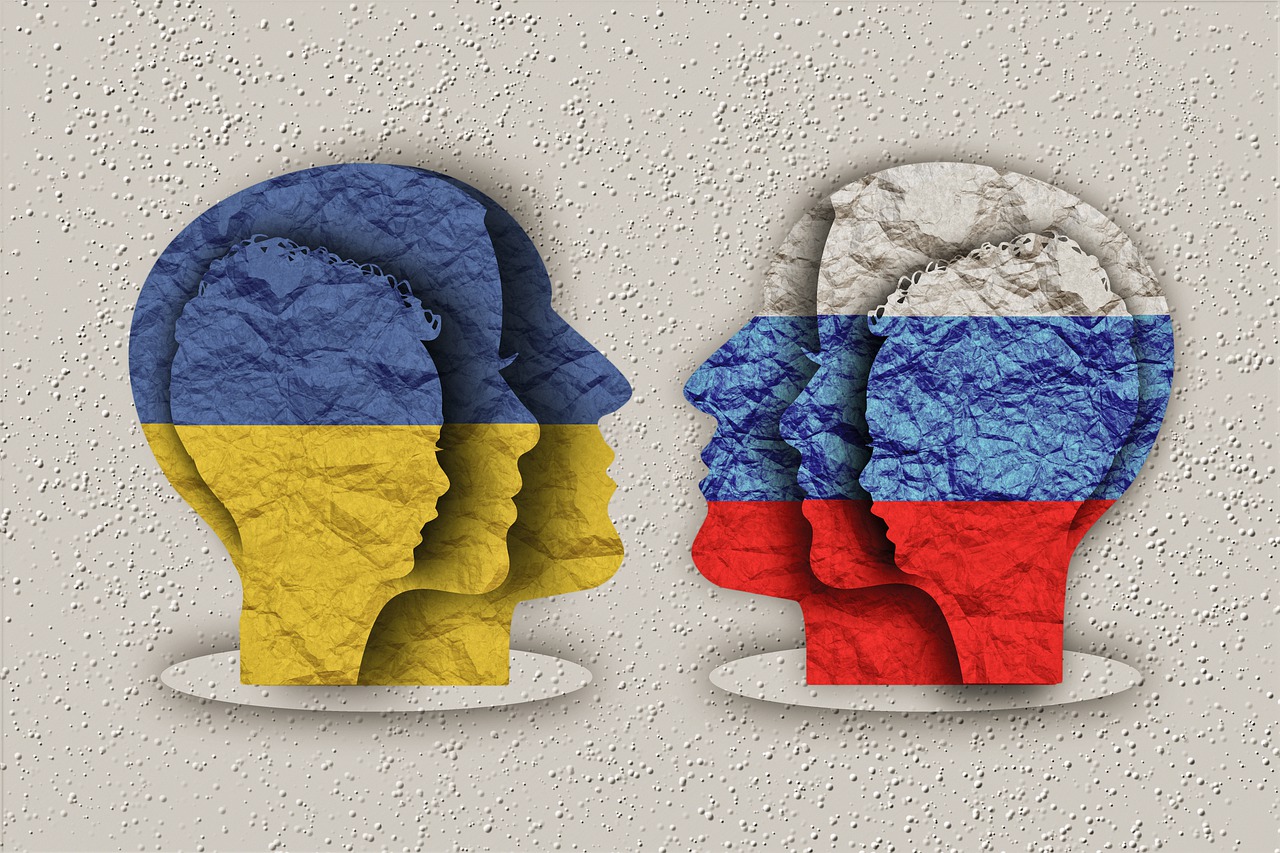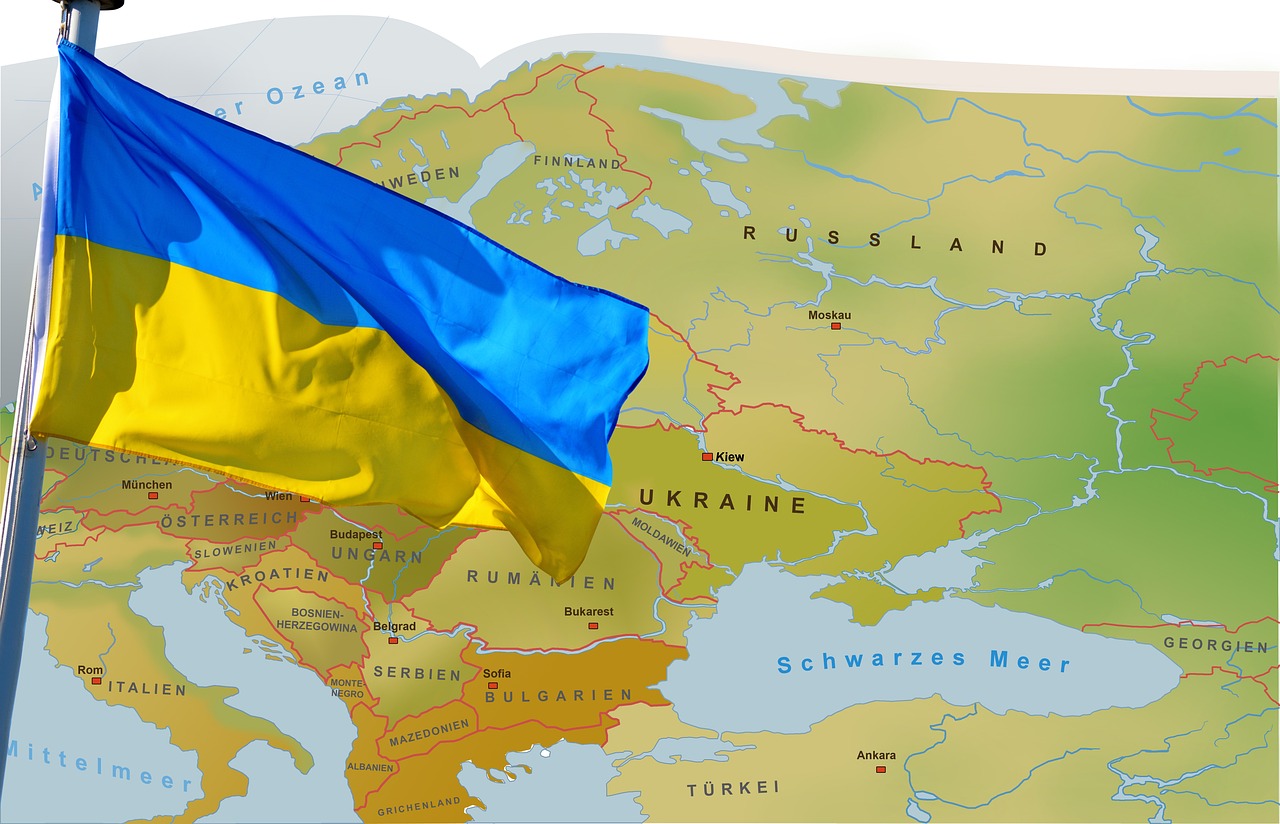As the Russian-Ukrainian conflict (or what the Russians will prefer to call a military exercise) enters it’s 15th month, with no big hope of end insight, many have started analyse the economic impact of such development, which in all ramifications is nothing to write home about economically.

Beyond issues of local security, the ongoing confrontation between Russia and Ukraine has far-reaching effects. Although there might be a peaceful resolution that will eventually lead to a possible end, it may be a long road afterall. The Russia-Ukraine conflict has wide-ranging effects on numerous industries and economies worldwide. This article examines the conflict's impact on the world economy, emphasizing significant areas of influence and possible outcomes.
How And Where the Conflict Has Affected The Global Economy
1. Energy Markets:
Natural gas from Russia, a significant supplier to Europe, has caused some worry about the stability of energy supplies. Russian gas supply outages cause price volatility and supply chain problems, which would hurt economies and sectors that depend on energy. It may be necessary for European nations that rely heavily on Russian gas to diversify their energy supplies by expanding their investments in renewable energy and looking for alternative suppliers.
2. Trade and Investment:
Geopolitical concerns brought on by the conflict may affect trade and investment flows. Increased hostilities may result in trade restrictions, penalties, or the establishment of barriers, which would obstruct global trade. Investors might become wary of the area, impacting foreign direct investment and economic expansion. Given their close economic relations with Russia and Ukraine, neighboring nations' and others' economic stability is also at risk.

3. Global Commodity Markets:
Wheat, corn, and sunflower oil are just a few of the agricultural products that Ukraine exports in large quantities. The violence may interfere with agricultural output, exports, and transportation, affecting prices and supply on international commodity markets. This may impact world food prices, commodity-dependent companies, and food security.
4. Financial Markets:
Increased regional conflict and uncertainty may affect world financial markets. The mood of investors may change, resulting in capital withdrawals from emerging markets and risk-averse behavior. Changes in exchange rates, higher borrowing costs, and volatility in commodity prices can all impact investor confidence and global financial stability.
5. Geopolitical Implications:
Wider geopolitical ramifications of the Russia-Ukraine conflict could change the balance of power in the world. The stability of the region and the world may be negatively impacted over time by changes in alliances, increasing military budgets, and the potential involvement of other countries. These uncertainties may affect the economy's decisions, hurting investment plans and company confidence.

Conclusion:
Beyond the immediate area, the Russia-Ukraine conflict has significant economic ramifications for the world. The most likely areas to be affected include the energy markets, trade, investment, commodity markets, and financial stability. Policymakers, companies, and investors must carefully monitor the conflict's development and be ready for any potential economic repercussions. For limiting the adverse economic effects and promoting stability in the region and beyond, cooperative efforts, diplomatic solutions, and international cooperation are essential – just like many political analysts have suggested

Game Your Way to Financial Freedom: Learn the Money Lessons from an Avid Gamer

Financial Planning for Retirement: Strategies and Considerations

What exactly does accident insurance cover?

What Are Government Transfer Payments? And How Are They Funded?

The Future of Finance: 6 Key Trends and Predictions for 2023 and Beyond

How to realize your travel plan through loans?

Should I get a long-term fixed rate mortgage
